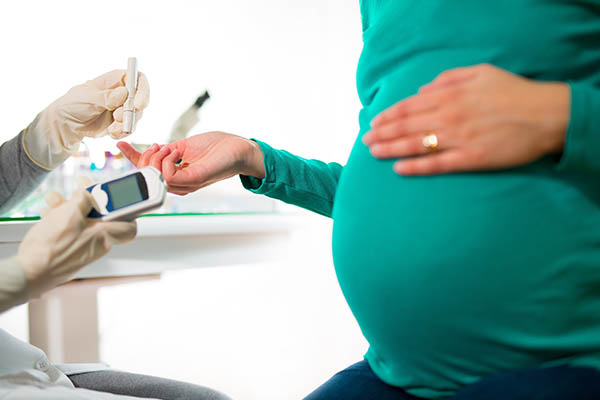
Diabetes & Pregnancy Clinic
Diabetes & Pregnancy Clinic

Gestational diabetes generally has few symptoms and it is most commonly diagnosed by screening during pregnancy. Diagnostic tests detect inappropriately high levels of glucose in blood samples. Gestational diabetes affects 3-10% of pregnancies
If untreated, it can also cause seizures or still birth. Gestational diabetes is a treatable condition and women who have adequate control of glucose levels can effectively decrease these risks.
Control measures:
- Meals – cut down sweets, eats three small meals and one to three snacks a day, maintain proper mealtimes, and include balanced fiber intake in the form of fruits, vegetables and whole-grains.
- Increased physical activity - walking, swimming/aquaerobics, etc.
- Monitor blood sugar level frequently, doctors may ask to check the blood glucose more often than usual.
- The blood sugar level should be below 95 mg/dl (5.3 mmol/l) on awakening, below 140 mg/dl (7.8 mmol/l) one hour after a meal and below 120 mg/dl (6.7 mmol/l) two hours after a meal.
- Each time when checking the blood sugar level, keep a proper record of the results and present to the health care team for evaluation and modification of the treatment. If blood sugar levels are above targets, a perinatal diabetes management team may suggest ways to achieve targets.
- Many may need extra insulin during pregnancy to reach their blood sugar target. Insulin is not harmful for the baby.

